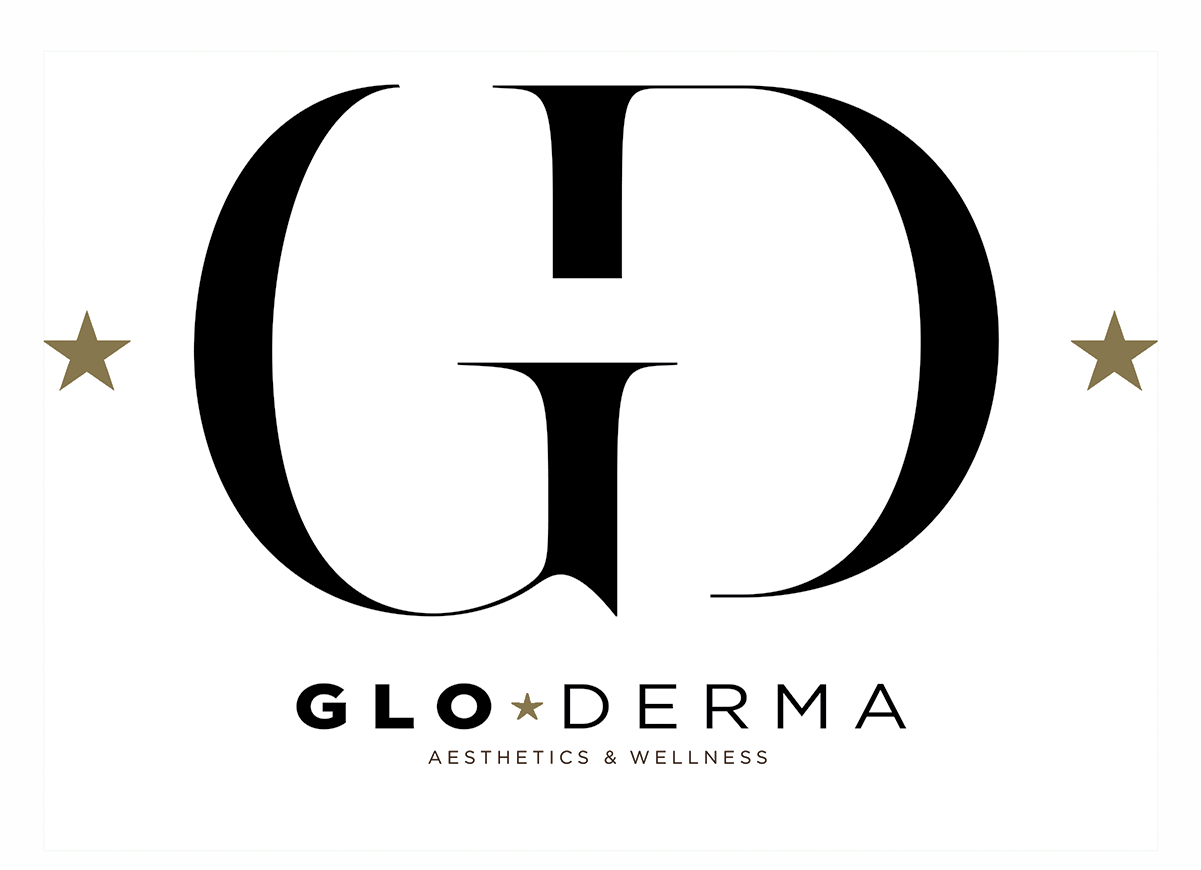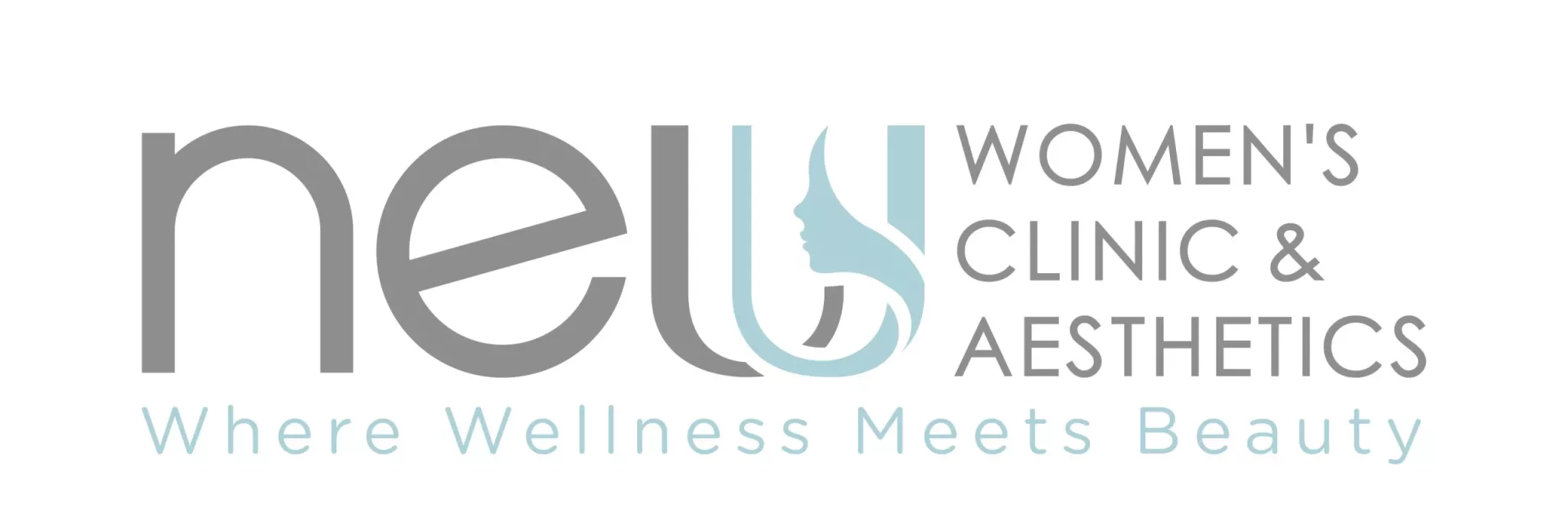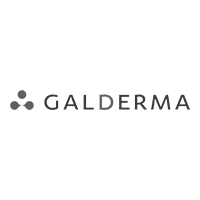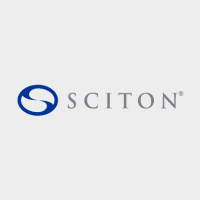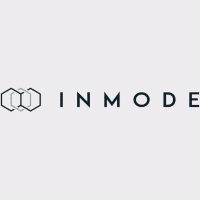
Introduction
In the highly competitive world of plastic surgery, effective marketing strategies are essential to stand out and attract potential clients. With the constant evolution of the marketing landscape, plastic surgery practices must adapt and explore innovative approaches to reach their target audience. This blog will explore the advantages and disadvantages of influencer collaborations and traditional advertising in plastic surgery marketing. We will offer a Growth99 perspective on leveraging these strategies for maximum impact.
Traditional Advertising in Plastic Surgery
Building Credibility and Reach Traditional advertising has long been reliable for promoting plastic surgery practices. Through avenues such as print ads, television commercials, and radio spots, traditional advertising offers broad reach and visibility, allowing you to expose your brand to a wide audience. At Growth99, we understand the importance of establishing credibility, and traditional advertising allows you to associate your practice with reputable media outlets. By carefully crafting your messaging and branding, you can maintain control over how potential clients perceive your practice.
However, traditional advertising also comes with its challenges. Allocating a significant budget to traditional advertising can be costly, and measuring the return on investment (ROI) can take time and effort. Additionally, reaching specific demographics can be challenging, as traditional advertising methods may not effectively target your desired audience. At Growth99, we recognize the importance of a well-rounded marketing strategy incorporating various approaches to overcome these limitations.
Influencer Collaborations in Plastic Surgery Marketing
Engaging with Trust and Authenticity Influencer collaborations have emerged as a powerful marketing tool, particularly in the plastic surgery industry. Influencers, who have built a dedicated following in specific niches, offer targeted audience engagement and the ability to tap into their authenticity and trust. As experts in plastic surgery marketing, Growth99 recognizes the value of these collaborations. By partnering with influencers whose values align with your brand and expertise, you can effectively reach your target audience and establish trust through their genuine endorsement.
One of the critical advantages of influencer collaborations is the cost-effectiveness and flexibility they offer. With a well-executed influencer campaign, you can often achieve comparable or even superior results compared to traditional advertising while utilizing a more affordable budget. However, navigating the potential risks associated with influencer collaborations, such as influencer credibility issues or a mismatch between the influencer’s audience and your target demographic, is crucial. At Growth99, we have the expertise to identify the right influencers for your practice, ensuring optimal collaboration results.
Finding the Right Marketing Mix
Growth99’s Expertise in Plastic Surgery Marketing At Growth99, we understand that a successful plastic surgery marketing strategy involves finding the right balance between influencer collaborations and traditional advertising. As industry experts, we emphasize the importance of understanding your target audience and their preferences. Our team works closely with you to set clear campaign goals and objectives, crafting a cohesive marketing strategy seamlessly incorporating both approaches.
Budget allocation is a critical aspect of any marketing plan. Growth99 assists in assessing your budget effectively, ensuring that resources are allocated appropriately to maximize the impact of your campaigns. By leveraging the strengths of influencer collaborations and traditional advertising, we create a comprehensive marketing strategy tailored to your practice, aiming to captivate your target audience and generate exceptional results.
Conclusion
Partner with Growth99 for Plastic Surgery Marketing Success In the dynamic landscape of plastic surgery marketing, Growth99 is your trusted partner in navigating the complexities of influencer collaborations and traditional advertising. As a leading marketing agency with a deep understanding of the plastic surgery industry, we possess the expertise to guide your practice toward marketing success.
With Growth99, you can harness the power of influencer collaborations to engage your target audience authentically, building trust and generating leads. Simultaneously, we leverage traditional advertising to establish credibility and widen your reach within the industry. By integrating these strategies effectively, your plastic surgery practice can experience unprecedented growth and elevate your brand to new heights.
Take the next step in revolutionizing your plastic surgery marketing efforts with Growth99. Visit our website at www.growth99.com or contact our team today to explore how we can transform your practice and help you thrive in the competitive world of plastic surgery marketing.
Contact Growth99 today to unlock the full potential of your plastic surgery marketing efforts. Partner with our team of experts to drive growth, engage your target audience, and elevate your practice to new heights.





